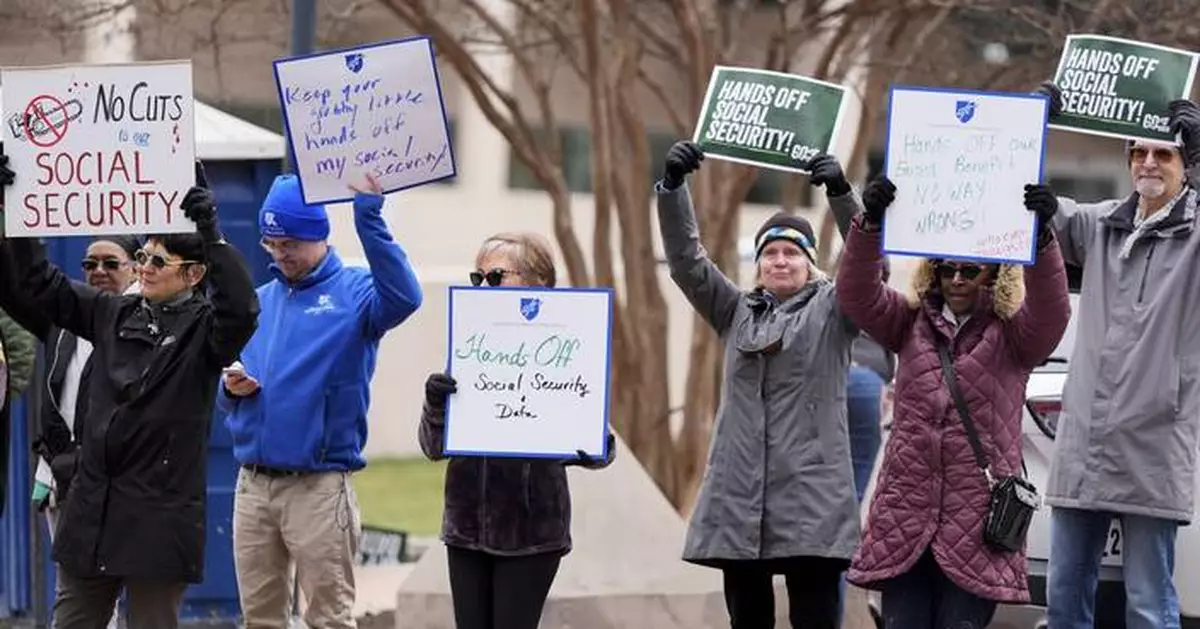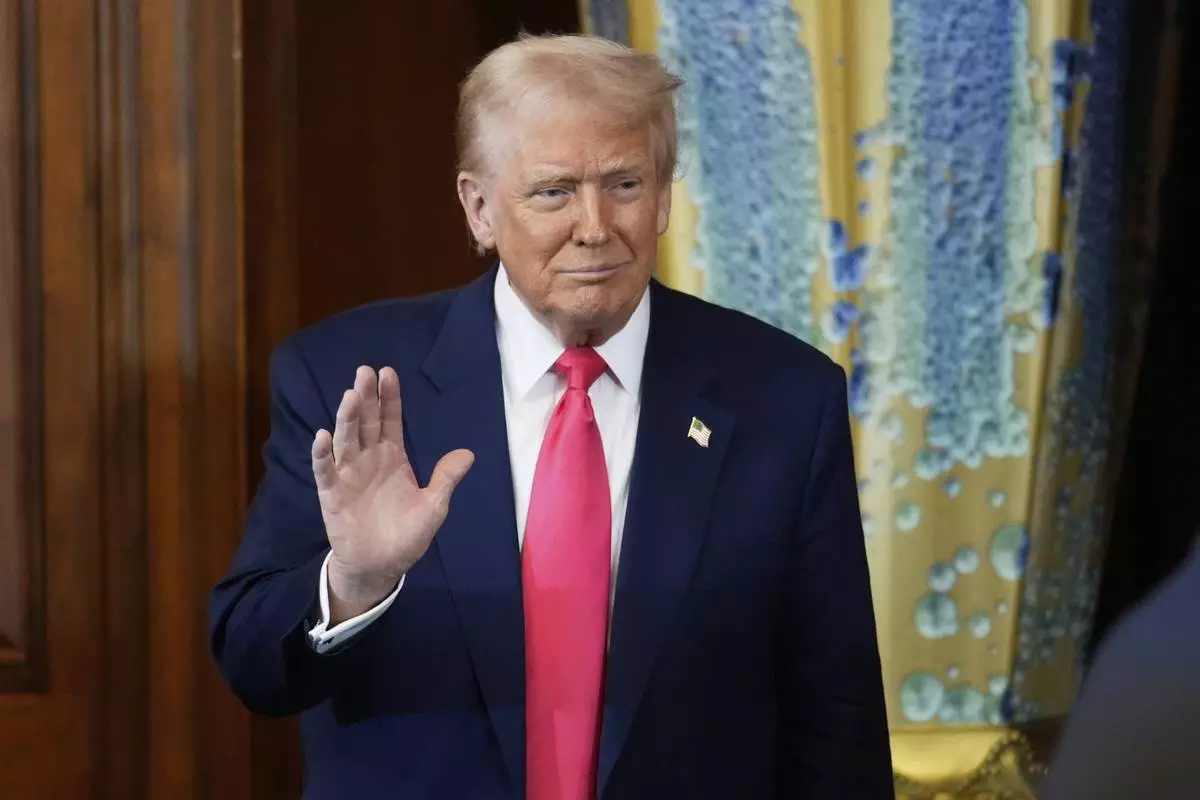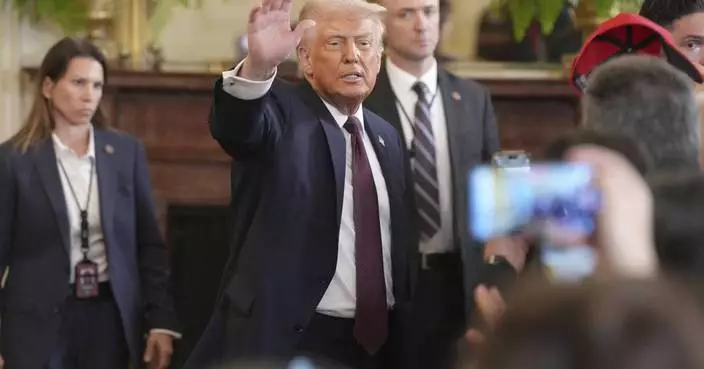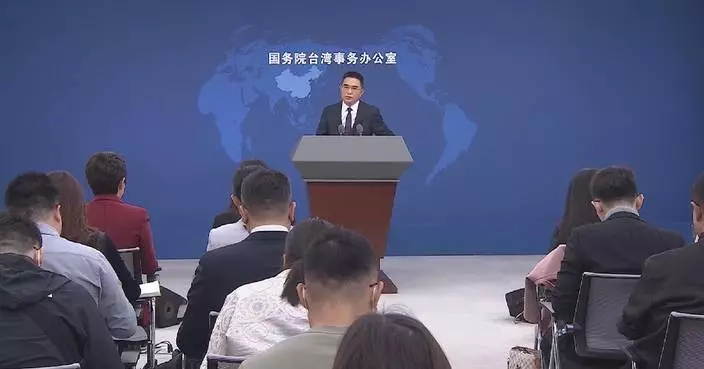A federal judge on Monday blocked billionaire Elon Musk’s Department of Government Efficiency from accessing people’s private data at the Education Department, the Treasury Department and the Office of Personnel Management.
U.S. District Judge Deborah Boardman issued a preliminary injunction in a case filed last month by a coalition of labor unions in federal court in Maryland. Led by the American Federation of Teachers, the plaintiffs allege Trump's administration violated federal privacy laws when it gave DOGE access to systems with personal information on tens of millions of Americans without their consent.
Boardman, who was nominated to the federal bench by former President Joe Biden, had previously issued a temporary restraining order. The preliminary injunction offers longer-term relief blocking DOGE access as the case plays out.
The judge found the Trump administration likely violated the law. She said the government failed to adequately explain why DOGE needed access to “millions of records” to perform its job duties.
She also said the Trump administration can still carry out the president’s agenda without receiving unfettered access to a trove of personal data on federal employees and people with student loans and government benefits. That includes their income and asset information, Social Security numbers, birth dates, home addresses and marital and citizenship status.
“They trusted the federal government to safeguard their information. That public trust likely has been breached,” Boardman wrote in her opinion.
The lawsuit accused the Trump administration of handing over sensitive data for reasons beyond its intended use, violating the Privacy Act. Instead of carrying out the functions of the federal student loan program, the lawsuit says, DOGE has been accessing loan data “for purposes of destroying” the Education Department.
President Donald Trump signed an executive order last week to dismantle the department, saying that student loans will be handled by the Small Business Administration and programs involving students with disabilities will be shifted to the Department of Health and Human Services.
His administration says DOGE is targeting waste across the federal government by addressing alleged fraud and upgrading technology.
One of the nation’s largest teachers unions, the American Federation of Teachers says it represents 1.8 million workers in education, health care and government. Also joining the suit were six people with sensitive information stored in federal systems, including military veterans who received federal student loans and other federal benefit payments.
The suit also was backed by the National Active and Retired Federal Employees Association, and the International Association of Machinists and Aerospace Workers.
The injunction, which could be challenged on appeal, is limited to protecting the personal information of the individual plaintiffs and members of the groups.
“No matter how important or urgent the President’s DOGE agenda may be, federal agencies must execute it in accordance with the law,” Boardman wrote. “That likely did not happen in this case.”
In a separate Maryland case last week, a judge temporarily blocked DOGE from accessing Social Security databases that similarly contain vast amounts of personal information.
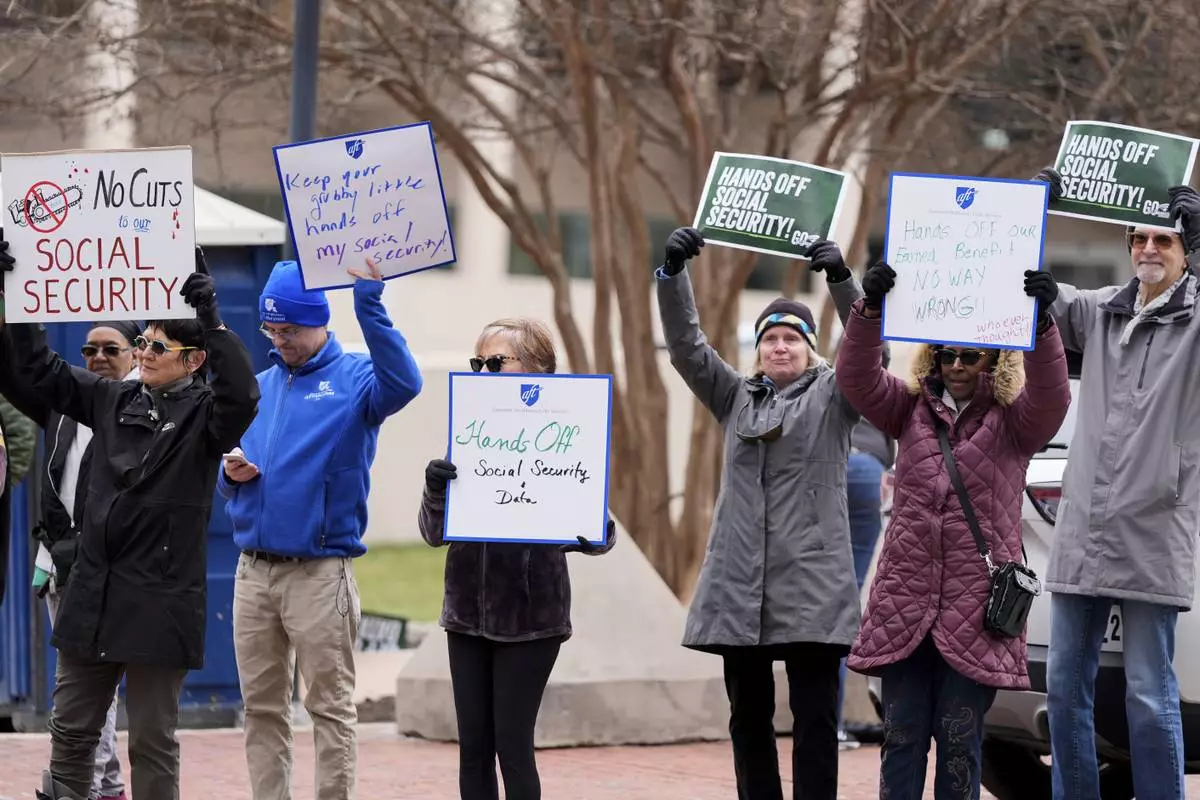
FILE - Demonstrators gather outside of the Edward A. Garmatz United States District Courthouse in Baltimore, on Friday, March 14, 2025, before a hearing regarding the Department of Government Efficiency's access to Social Security data. (AP Photo/Stephanie Scarbrough, File)


